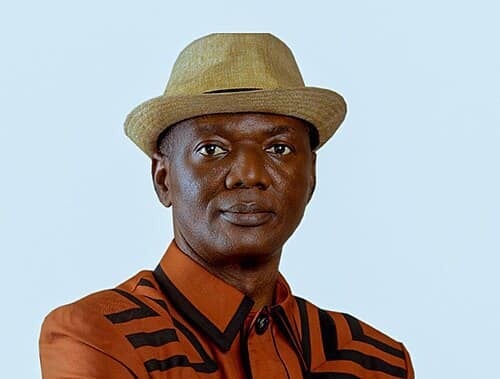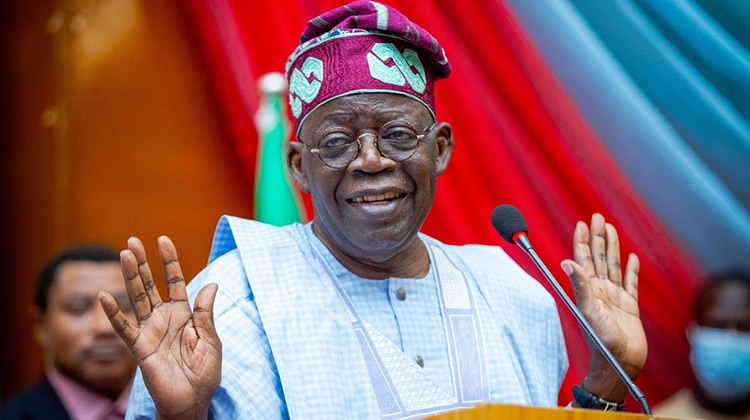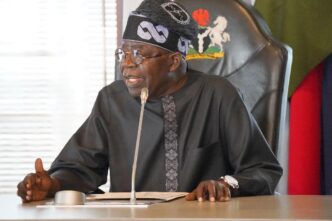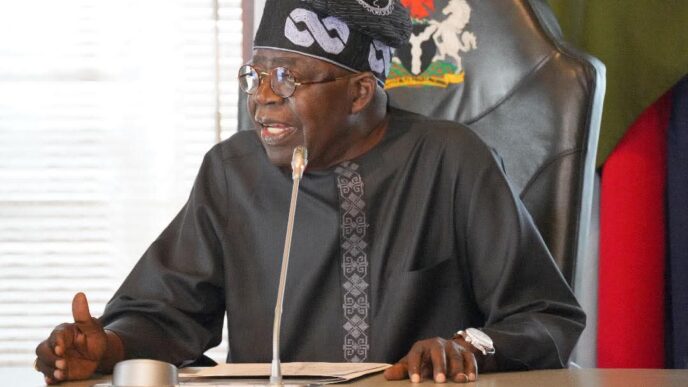Bayelsa State Deputy Governor, Lawrence Ewhrudjakpo, has filed a lawsuit against the Bayelsa State House of Assembly, accusing lawmakers of plotting to impeach him for refusing to defect from the Peoples Democratic Party (PDP).
The deputy governor’s suit, marked FHC/ABJ/CS/221/2025, was filed before the Federal High Court in Abuja.
Ewhrudjakpo claimed that some political forces were pressuring assembly members to remove him from office after his principal, Governor Douye Diri, reportedly resigned from the PDP.
However, Ewhrudjakpo insisted that his decision to remain loyal to the party under which both men were elected should not become grounds for impeachment.
Through his counsel, Reuben Egwuaba, the deputy governor told the court that several officials, including Alice Tange, the chairperson of Sagbama Local Government Area, had also faced threats for refusing to defect from the PDP.
He is asking the court for an interim injunction restraining the Bayelsa House of Assembly from initiating or continuing any impeachment move against him.

The deputy governor further invoked Sections 188(5–9), (11), and 36(1) of the 1999 Constitution (as amended), arguing that due process must be strictly observed.
Ewhrudjakpo also requested an order preventing the Inspector-General of Police (IGP), the Director-General of the Department of State Services (DSS), and the Bayelsa State Attorney-General from withdrawing his official security or recognising any All Progressives Congress (APC) member as the new deputy governor.
He stated that, “My refusal to join the APC or any other political party cannot be a valid reason for removal before my tenure expires.”
After hearing the ex parte motion on October 27, Justice Emeka Nwite ordered all defendants, including the Bayelsa State House of Assembly, its Speaker, the IGP, the DSS DG, the Attorney-General, the Chief Judge, and the Clerk of the Assembly, to appear in court.
Justice Nwite ruled that the directive was necessary “in the interest of justice” and adjourned the case to November 13, 2025, for all parties to show cause why the interim orders should not be granted.












